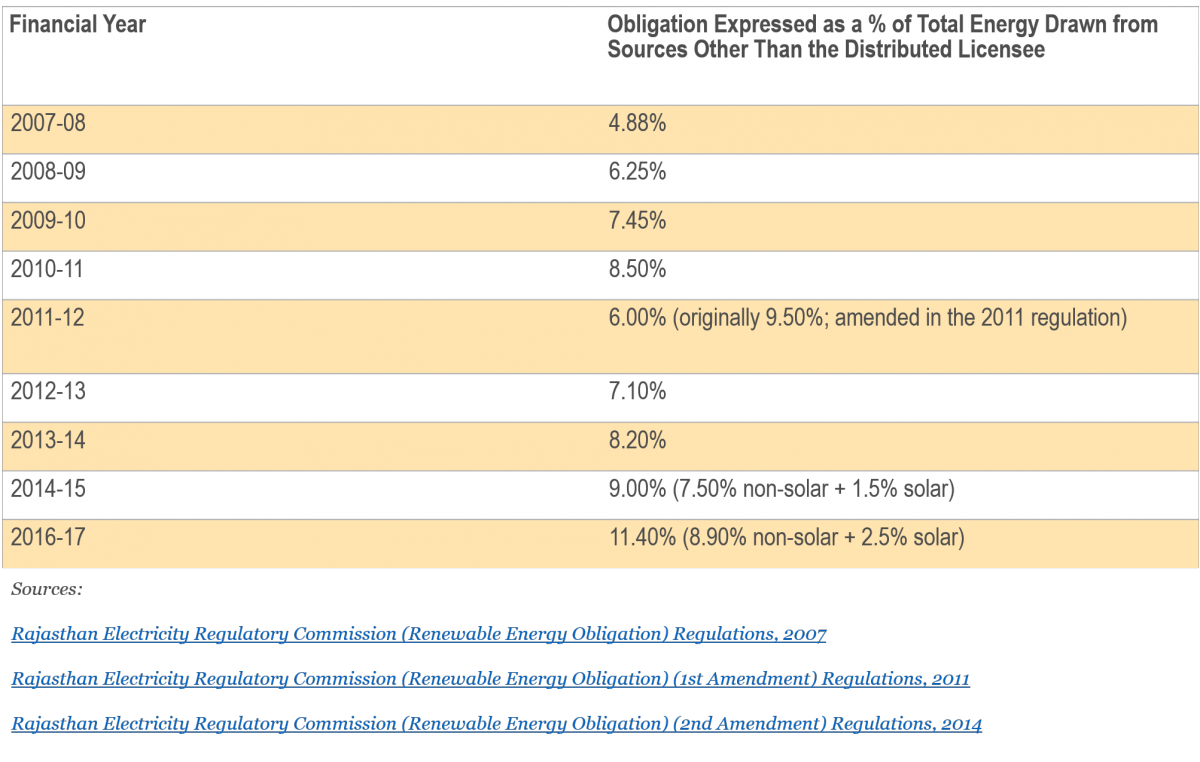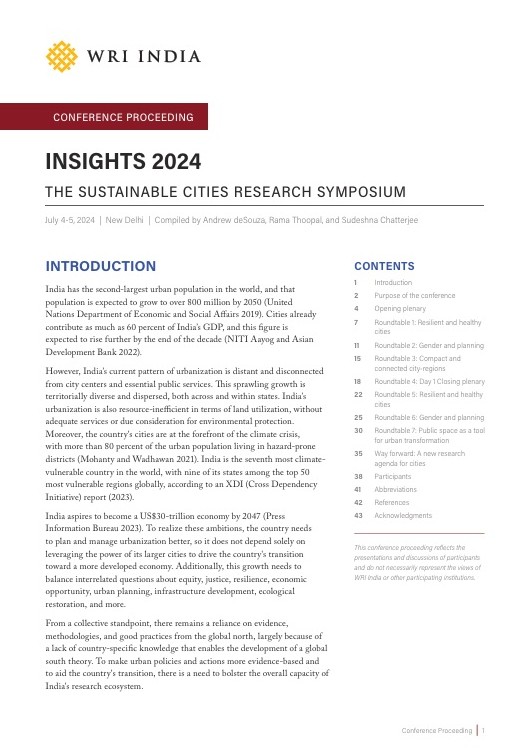India’s Supreme Court Reinforces Renewable Energy Targets for Industry
by -
This blog post originally appeared on Insights.
India’s Supreme Court recently issued a ruling that sends a powerful message: Industries need to get on board with renewable energy targets—or risk getting fined.
Last month, India’s high court dismissed a petition filed by Hindustan Zinc Limited, a leading zinc producer in the country that challenged the Rajasthan Electricity Regulatory Commission’s (RERC) regulations mandating that certain consumers derive a portion of their energy from renewable sources.
This landmark Supreme Court judgement not only makes it mandatory for industries with captive power plants (where the consumer owns at least a 26 percent stake in the power plant and consumes at least 51 percent of the energy it produces annually) to procure a percentage of their energy from renewable sources, but also empowers state electricity regulators and agencies to impose penalties on organizations that fail to meet obligations.
Renewable Energy Purchase Obligations in Rajasthan
Rajasthan is a land-locked state in the northwest of India, bordering Pakistan in the west. The state has an available installed capacity of 15,917 megawatts (MW), out of which roughly one-fourth (3,916 MW) comes from renewable sources like wind, solar and biomass power projects.
The Rajasthan Electricity Regulatory Commission (RERC) is responsible for regulating electricity in the state, including promotion of electricity generation from renewable sources. In 2007, RERC issued a series of obligations, identifying three types of entities that would need to begin sourcing a portion of their power from renewable sources. This “Renewable Purchase Obligation” applied to distribution utilities and certain large electricity consumers alike.

RERC then updated the rule in 2010 to allow companies to use energy offsets or Renewable Energy Certificates (RECs) as a valid way of complying. In 2011, they revisited the target for 2011-12 and provided the target for 2012-13 and 2013-14; and last year, created separate targets for larger and smaller energy users. Currently, industrial energy users must derive roughly 10 percent of their energy from renewable power sources.
The Legal Challenges
A group of 28 companies from diverse industries such as cement, textiles, chemicals, fertilizers and more filed a number of petitions in the Rajasthan High Court between 2008 and 2012. While they argued that they should be exempt from the renewable energy targets because RERC did not have the authority to impose the obligations and would hinder production from their captive power plants, among other reasons, the high court dismissed their appeals as being devoid of merit.
Hindustan Zinc Limited, one of the aggrieved petitioners, then filed a civil appeal with the Supreme Court of India to assail the order passed by the previous court. This appeal was also dismissed on the grounds of being devoid of merit.
Could This Ruling Save Companies Money?
The Supreme Court’s decision is expected to have a domino effect on other companies who have appealed penalties in various legal forums, and speaks volumes to the state’s commitment to renewables. The decision essentially draws a line in the sand, and shows that complying with renewable energy targets is not optional.
This decision can also serve as an opportunity for Hindustan Zinc and other companies to start planning for how they can comply with renewable obligations. In many cases, companies can even save money with renewables.
Hindustan’s mining and smelting operations in Rajasthan are supported by 474 MW of thermal captive power plants, 35.6 MW of diesel power plants and 35.3 MW of waste heat recovery plants. The last of these are registered as renewable energy power plants in Rajasthan. In addition, the company also owns 273.5 MW of wind energy projects across the states of Gujarat (88.8 MW), Karnataka (49.4 MW), Maharashtra (25.5 MW), Rajasthan (88.8 MW) and Tamil Nadu (21 MW). While the company will need to integrate more wind and solar resources into its electricity mix in the coming years, it already has a good base of renewable power at its disposal.
At the same time, renewables are becoming increasingly cost competitive with conventional sources of energy. The price of solar, for example, has halved since 2010 and is expected to attain grid parity within five years. Plus, proper planning paired -with the right use of technology is also helping to ensure reliable, consistent power even when the sun isn’t shining or the wind isn’t blowing. These two developments are a big reason why more than a dozen major companies have joined RE100, a pledge to use 100 percent renewable power in their operations. WRI’s Green Power Market Development Group is also demonstrating in Karnataka and Tamil Nadu that renewables can be a reliable and the most affordable option for the large corporate buyers.
Hindustan Zinc and other companies may have an opportunity to reduce their costs with increasingly affordable renewable energy. This policy may help demonstrate that renewables are an opportunity to boost resilience and become more competitive.


